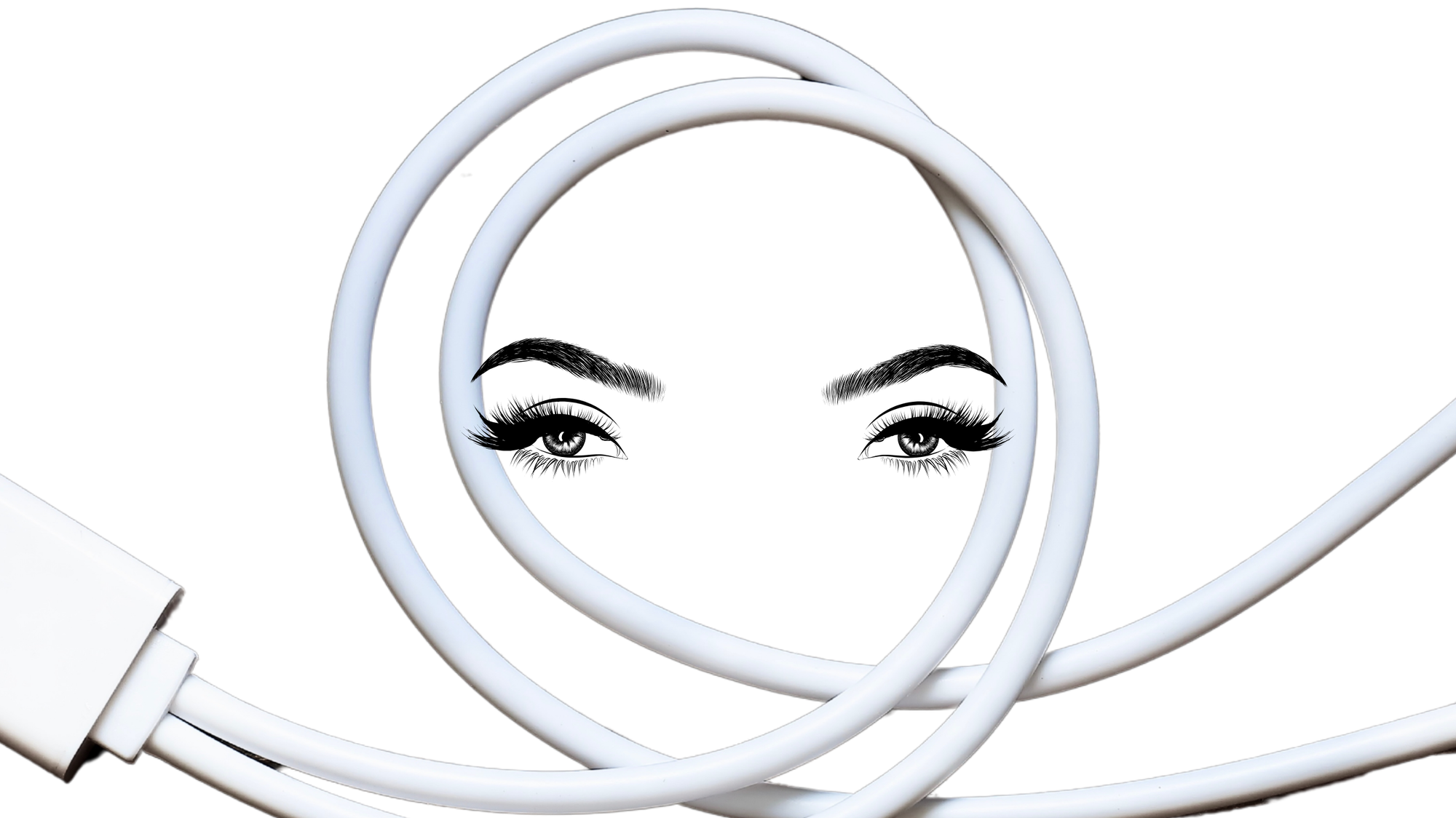
Let's talk: Has the mental health pendulum really swung too far?
Are we creating a culture where celebrating healing and recovery is ridiculed and demonised?
Earlier this week, I discovered a Twitter thread that made me uncomfortable.
Not because I disagreed with it – the opposite. I agreed with quite a bit in it. But I was acutely aware that admitting that publicly would be risky, because it would mean going against the popular mood in mental health circles right now – including some of my own stated beliefs. So that's exactly what I decided to. Talk to you about what I felt, and ask you what you feel about it.
In the thread, London-based psychotherapist Seerut K Chawla argued that the tone of the mental health conversation today, in a bid to undo the destructive baggage of the past, is creating its own brand of destructive behaviour. Traditionally, society has dumped all responsibility for mental distress on the individual, refusing to engage with systemic and structural vices such as inequality, discrimination, and injustice. Chawla claimed that the pendulum has now swung too far in the opposite direction, so that anyone who talks about personal responsibility and fortitude is immediately gaslit and called names, no matter how much trauma such a person might have overcome in their own life.


